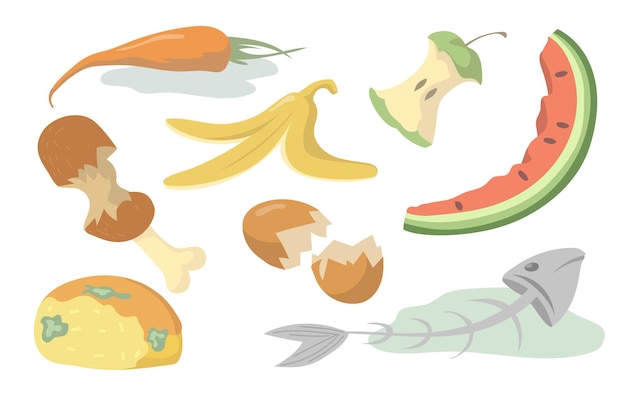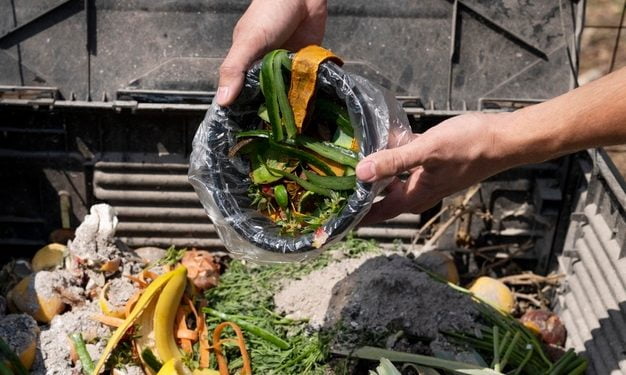There are certain times within the year when you need to clean your garden from different debris and residues like dried leaves, twigs, branches, and dead plants. It is essential to know how to start composting these wastes, as most are helpful for your garden plant. There are garden wastes that you turn into compost. However, there are some that you cannot use for composting. It is important to become aware of your community laws before burning garden debris.
Allow nature to do its work by doing a compost pile. Compost is not only about organic trash, as there are essential things to keep in mind to make efficient compost. If you continue reading this article, you will find out the things that you can and can’t turn into usable compost.
It is better to know how to make compost and what is safe to use for composting. According to the EPA from Cornell University, the following is a complete list of in and out.
What to Prepare?
Scraps and waste is not the only thing that you need to make good compost. There are other things to consider for an effective compost pit. How to start composting requires a decent compost bin. You need to invest in a high-quality bin. Also, you need to find the right spot for your compost bin. The best place to put the bin within the area with water drainage is to allow water to flow freely outside the bin.
What to include in your compost?
It is very interesting to know how to make compost. You need to find out first that the most useful addition to compost is animal manure. However, not all can be used for your compost. You only need manure that comes from plant-eating animals or herbivores. Do not include meat-eating animals like cats and dogs. Other common items found in the garden are papers. Only clean papers like cereal boxes, paper bags in brown color, cardboards, and even paper towels can be included in your compost.
Kitchen wastes are a good addition to compost like fruits, peels, seeds, and vegetable trimmings. These are all biodegradable and can provide added nutrients to your organic fertilizer.

Other house wastes such as eggshells, coffee filters, ashes from your fireplace, cotton, animal fur, and hair and yard trimmings are useful for producing compost pits. You may also include old newspapers shredded into tiny pieces, shells from nuts, fallen leaves, and burnt matches.
What not to include in your compost?
How to start composting the right way is very important. It is why you need to know that not all biodegradable or kitchen waste is good for compost pits. Some of them can produce foul odor as well as promote plant pests. Some of the things you need to exclude when making fertilizer are fish, meat, eggs, other poultry scarps, and dairy products. Used oils and fats like lards are not good additions as they can give odor issues and encourage pests accumulation.
Other items that you can find at home are harmful or toxic to plants like coal, ashes from charcoals, and leaves and twigs that comes from black walnut. Plants and leaves affected by disease or insects should be avoided as it can promote the spread of diseases to your healthy plants.
Animal manure from pets like dogs and cats is not a good choice. Hence, it might contain harmful germs and parasites that can harm the health of your plants. Also, wood and yard trimming treated using pesticides are not good as they can kill all useful organisms within your compost pit.
Important Reminders
If you want to create high-quality compost, it is important to know how to make compost. it is best to use green waste and watery materials from fruits and vegetables. It is imperative to balance green, watery, and brown waste for an effective compost pit.
During summer months without rain, you need to occasionally water the compost to make it a bit damp but avoid making it soggy. Also, Knowing how to start composting is not easy because it takes up to six months before it decomposes. A compose is not a substitute to plant fertilizers because it is used as a supplement to add nutrients to the soil. Some of the nutrients from compost are too slow to release, so you need fertilizers to ensure a constant supply of nutrients.











